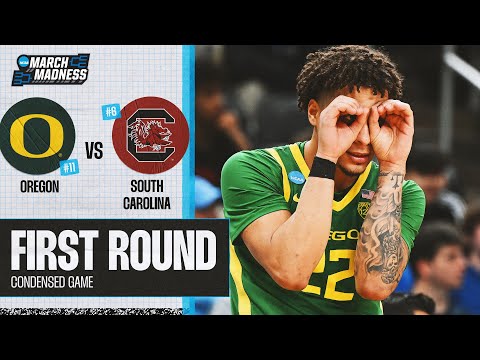Missouri, like many other states, is taking steps towards legalizing sports betting. Recently, two sports betting bills were introduced in the state legislature, sparking both excitement and concerns among lawmakers and citizens alike. While the bills aim to regulate and monetize sports betting, there are concerns regarding the inclusion of Video Lottery Terminals (VLTs) in the proposed legislation.
The first bill, House Bill 730, was introduced by Representative Wes Rogers. This bill seeks to legalize sports betting in Missouri and establish a framework for its regulation. It outlines the licensing process for operators, sets tax rates on sports betting revenue, and establishes a fund to support problem gambling initiatives. The bill also includes provisions to allow online and mobile sports betting, which has become increasingly popular in other states that have legalized the activity.
The second bill, Senate Bill 256, was introduced by Senator Denny Hoskins. This bill also aims to legalize sports betting in Missouri but takes a slightly different approach. It proposes a different tax rate on sports betting revenue and includes provisions for the establishment of a Sports Betting Fund, which would allocate funds towards education, infrastructure, and healthcare initiatives in the state. Like the first bill, it also allows for online and mobile sports betting.
While the introduction of these bills has been met with enthusiasm from those who support legalized sports betting, concerns have been raised regarding the inclusion of Video Lottery Terminals (VLTs) in the proposed legislation. VLTs are electronic gaming machines that resemble slot machines and are often found in casinos. Some lawmakers worry that the inclusion of VLTs in the sports betting bills could lead to an expansion of gambling in the state beyond what was initially intended.
Opponents argue that VLTs can be addictive and may lead to an increase in problem gambling. They believe that the focus should solely be on legalizing and regulating sports betting, rather than introducing additional forms of gambling. Proponents, on the other hand, argue that VLTs can generate significant revenue for the state and help fund various public programs.
The inclusion of VLTs in the sports betting bills is likely to be a topic of debate and discussion as the legislation progresses. Lawmakers will need to carefully consider the potential benefits and drawbacks of allowing VLTs in the state, weighing the economic impact against the potential social costs.
Overall, the introduction of these two sports betting bills in Missouri marks a significant step towards legalizing and regulating sports betting in the state. While there is excitement surrounding the potential economic benefits, concerns regarding the inclusion of VLTs highlight the need for careful consideration and deliberation. As the bills make their way through the legislative process, it will be interesting to see how Missouri balances the desire for increased revenue with the potential risks associated with expanded gambling.


